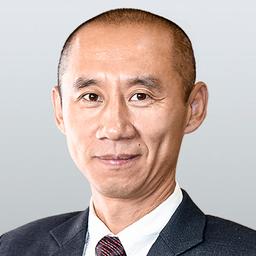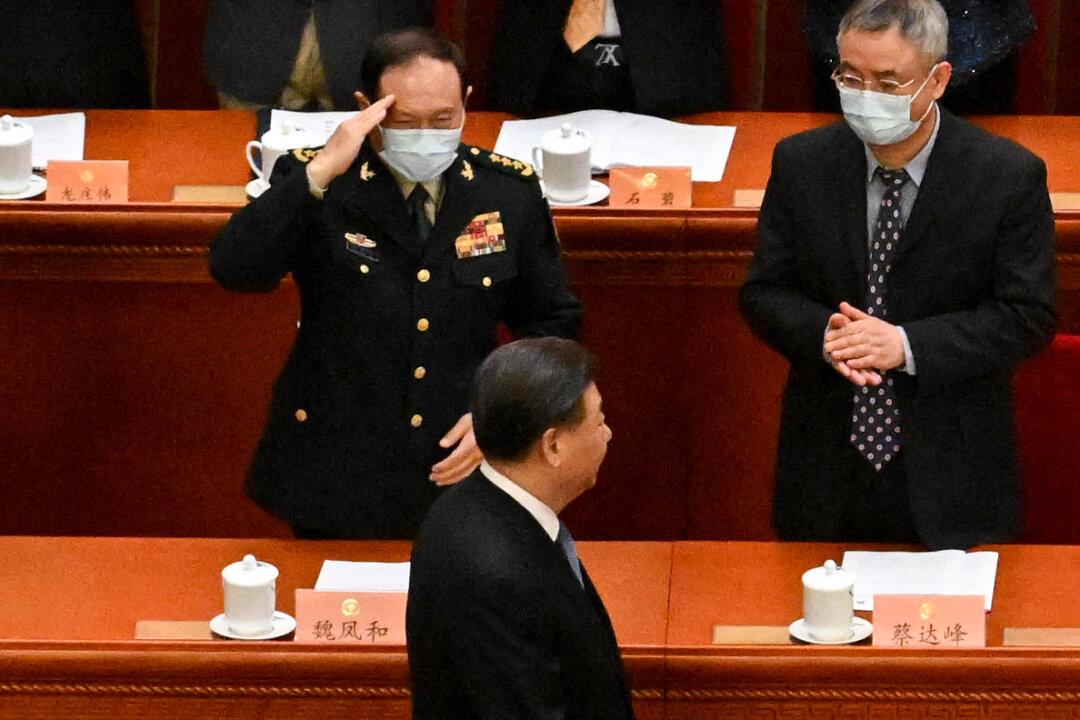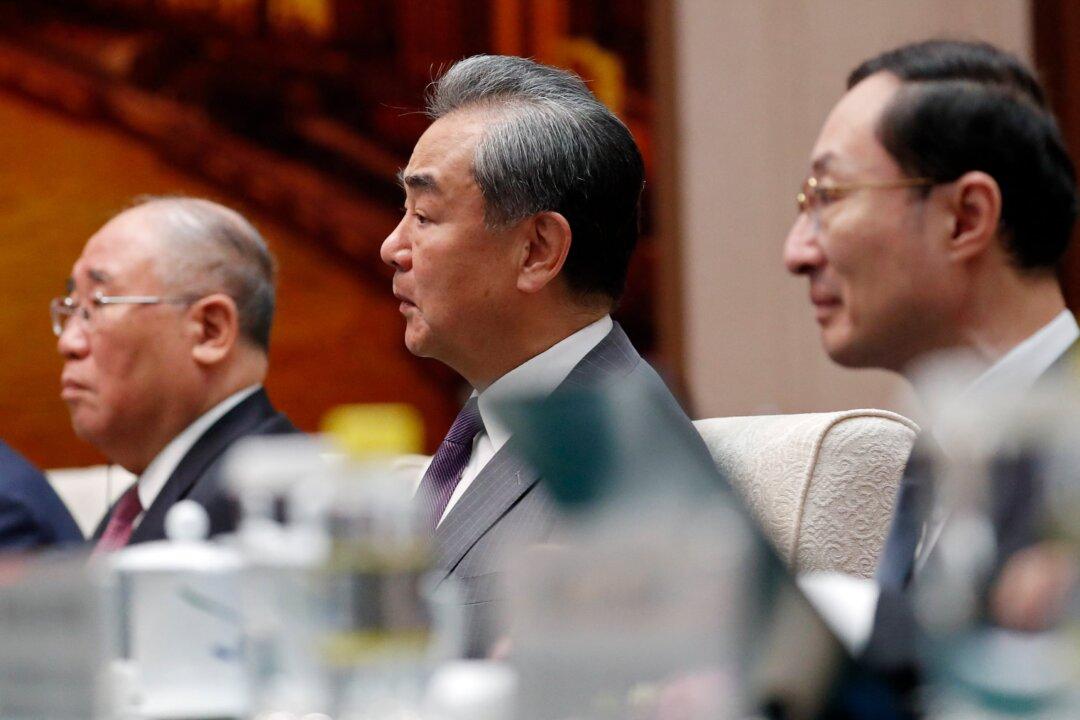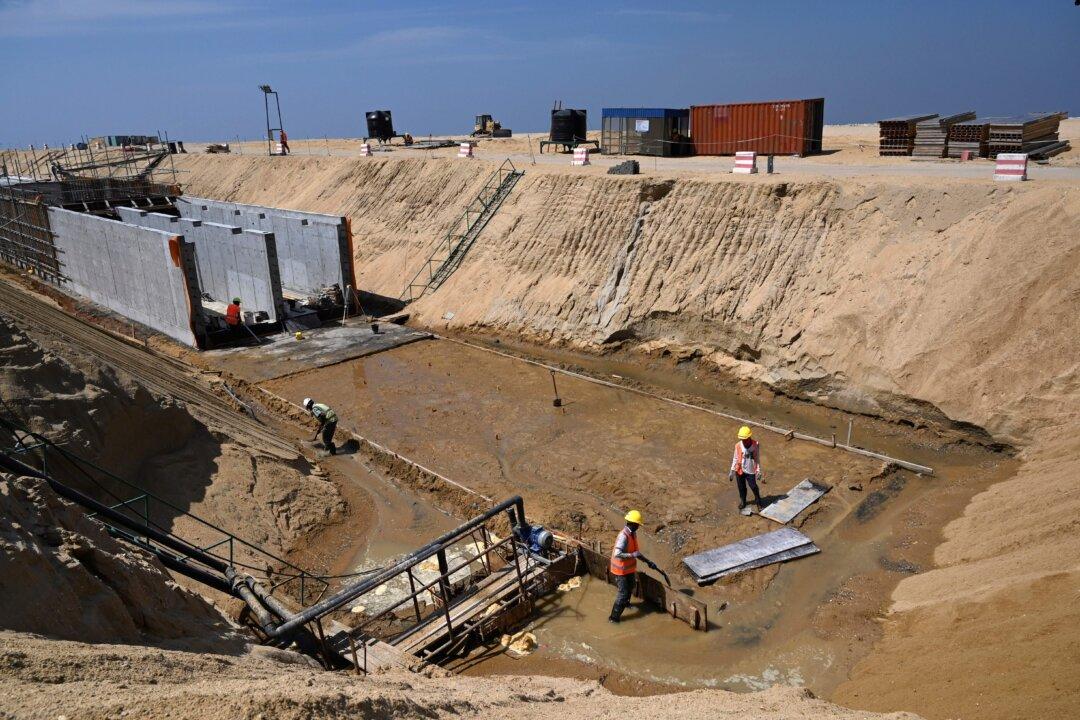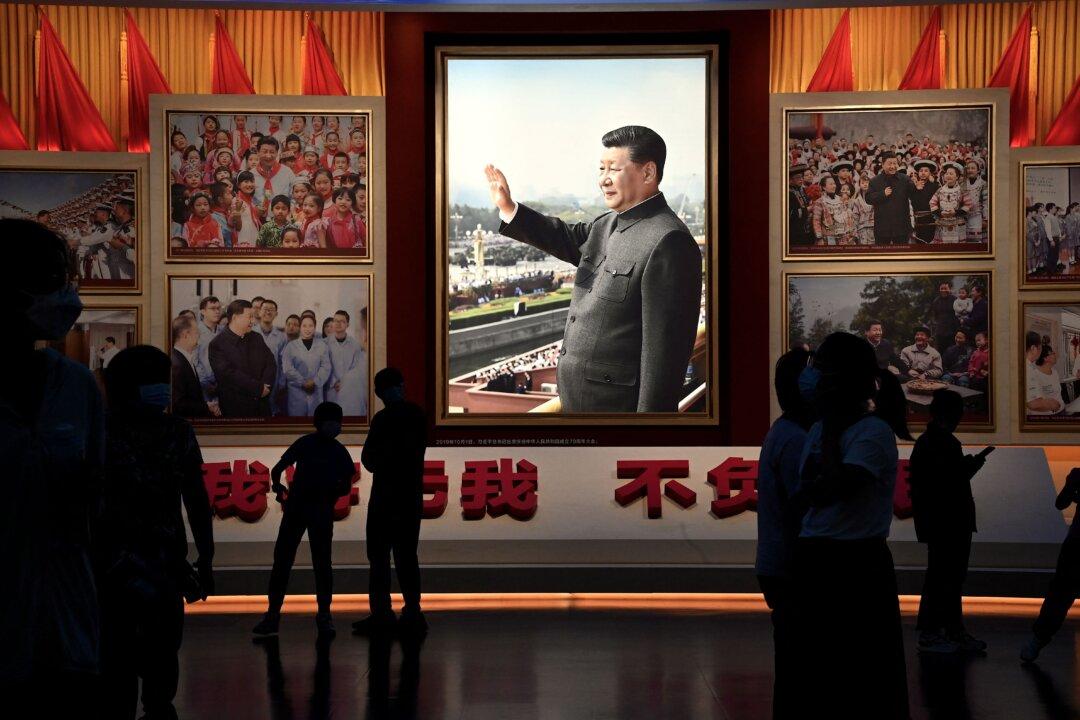Shanghai and Beijing have both fallen sharply in the latest ranking of the world’s most competitive financial centers. The dynamism of China’s financial sector has waned markedly in part due to the Chinese Communist Party (CCP)’s recent policies, and the trend is intensifying.
With the outbreak of the pandemic in early 2020, CCP authorities implemented an extreme “Zero-COVID” policy that seriously hurt the Chinese economy.

